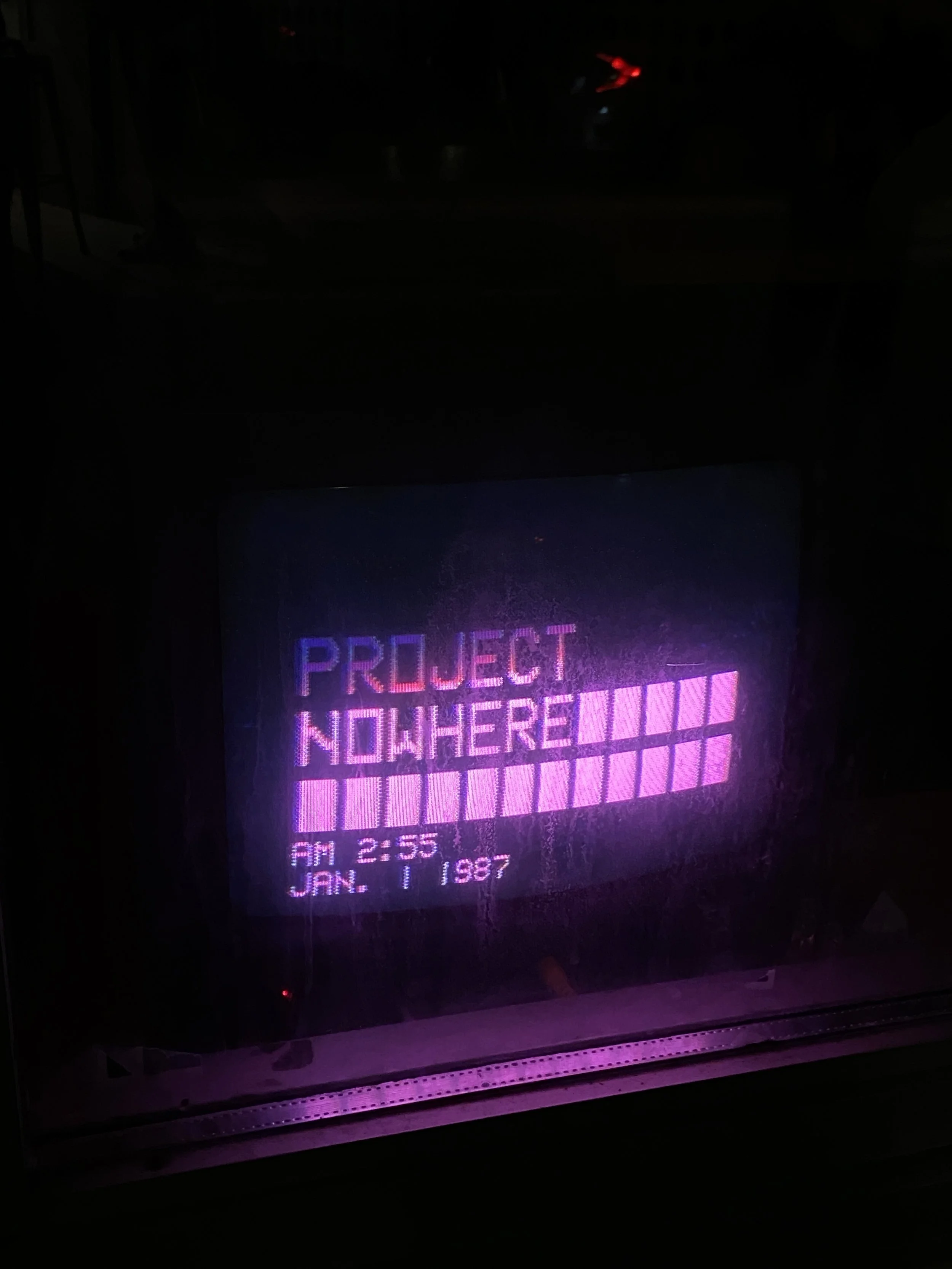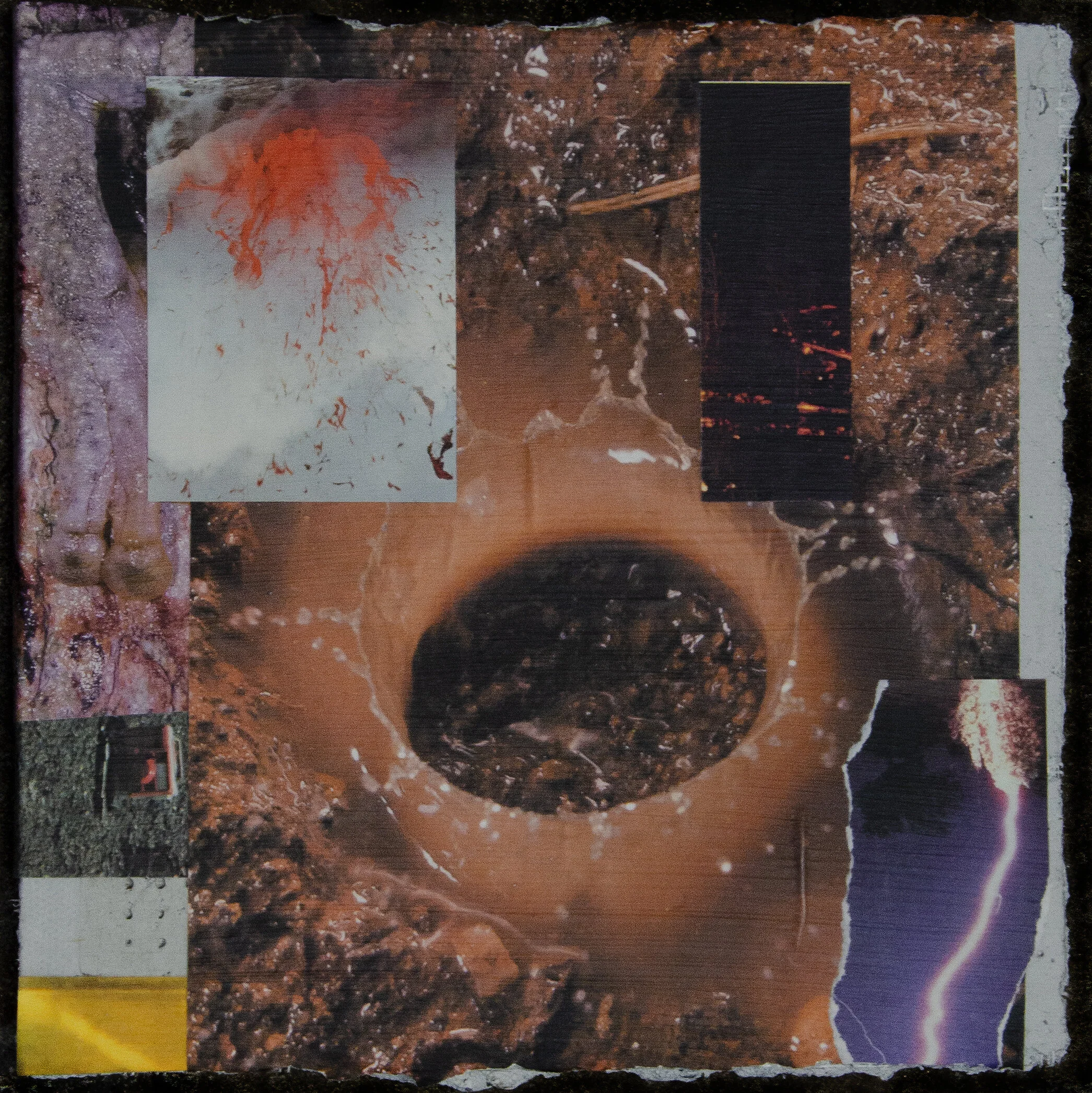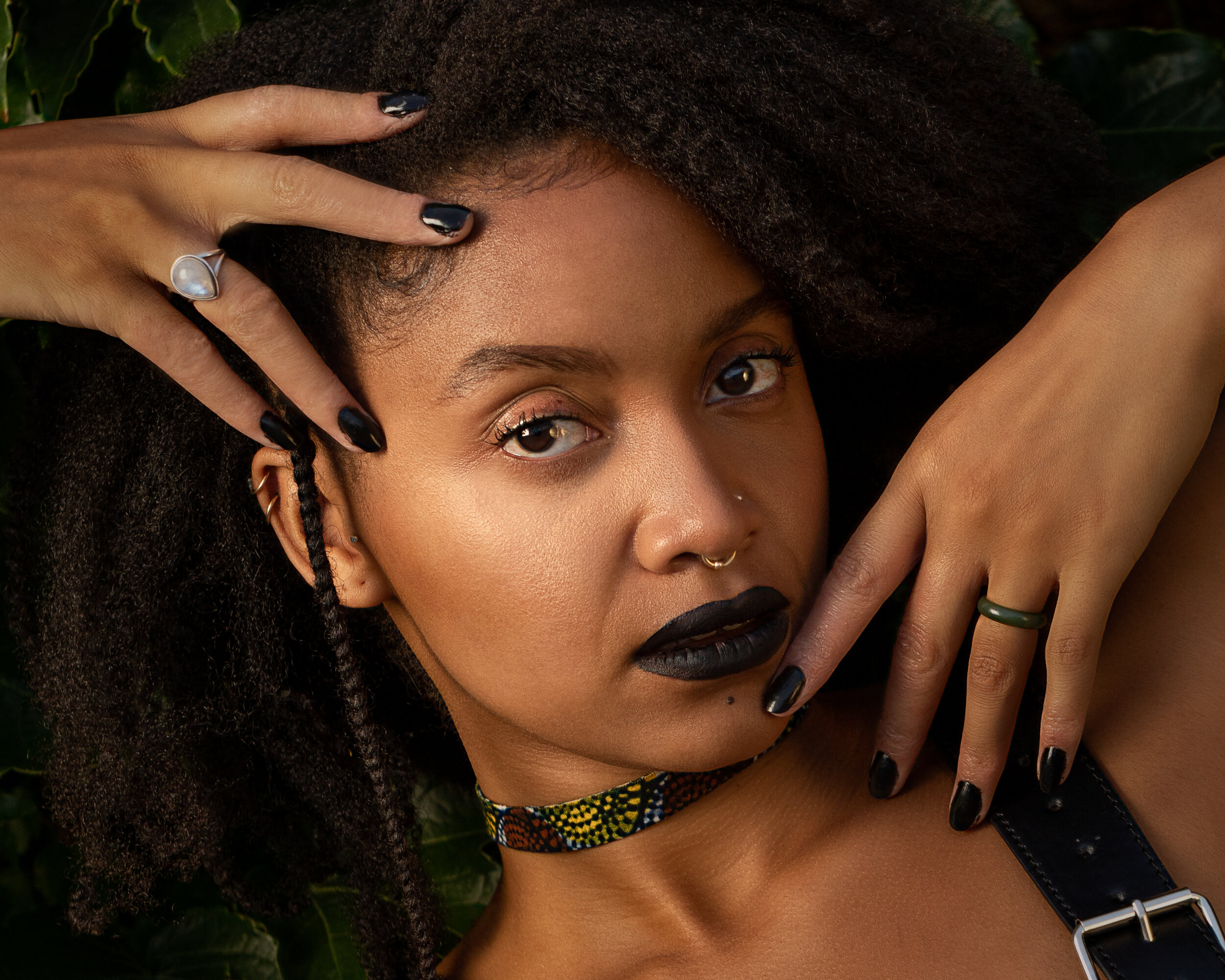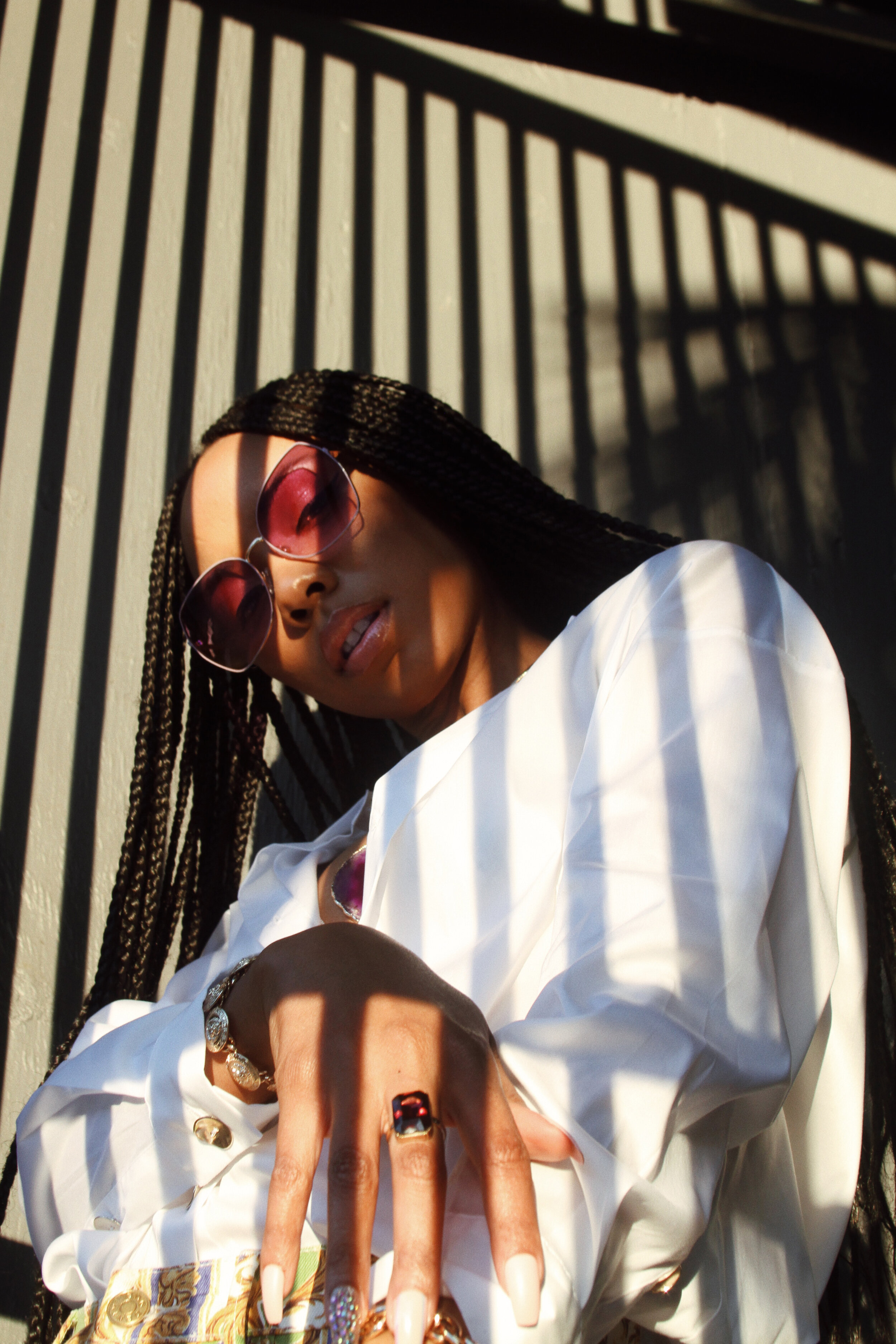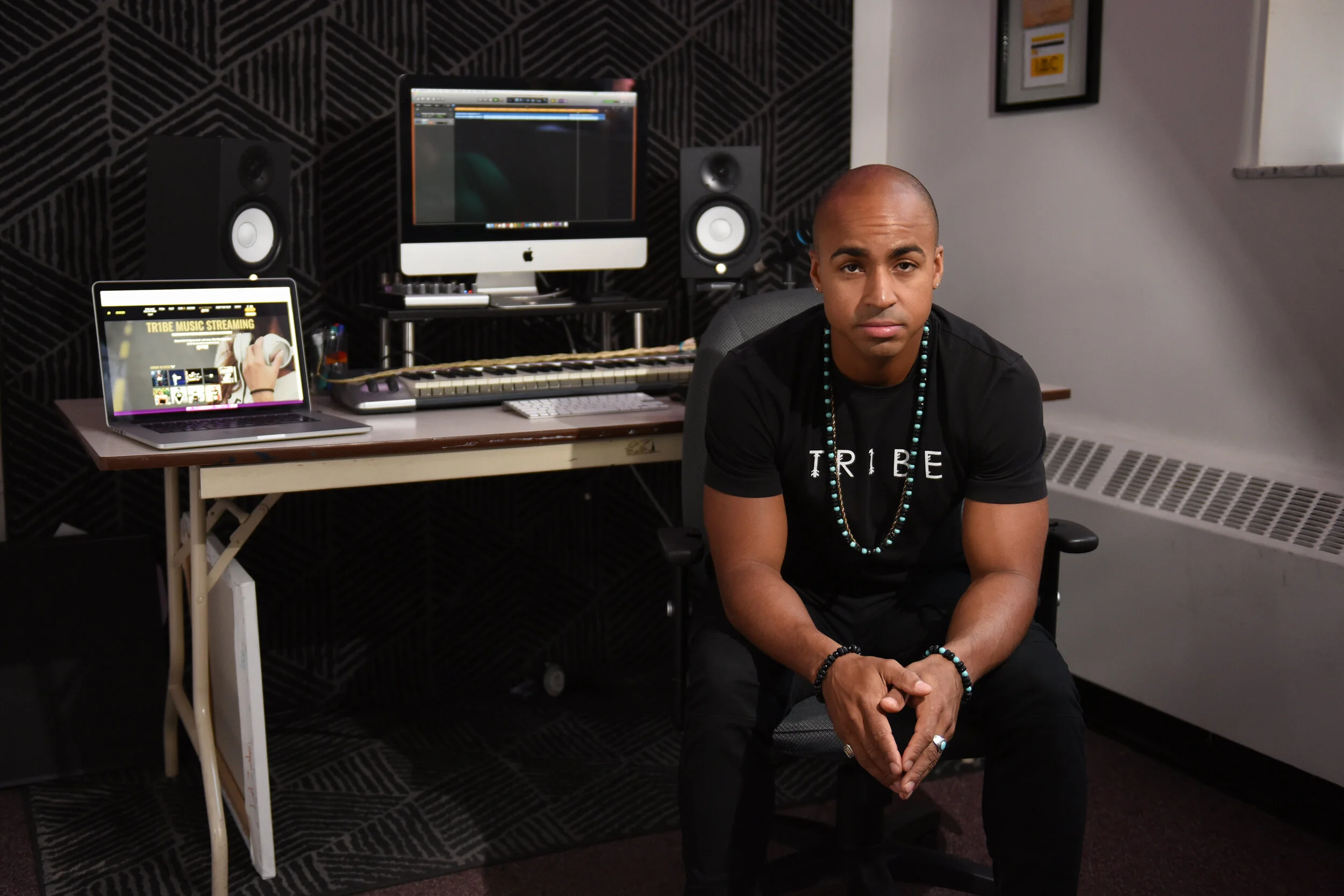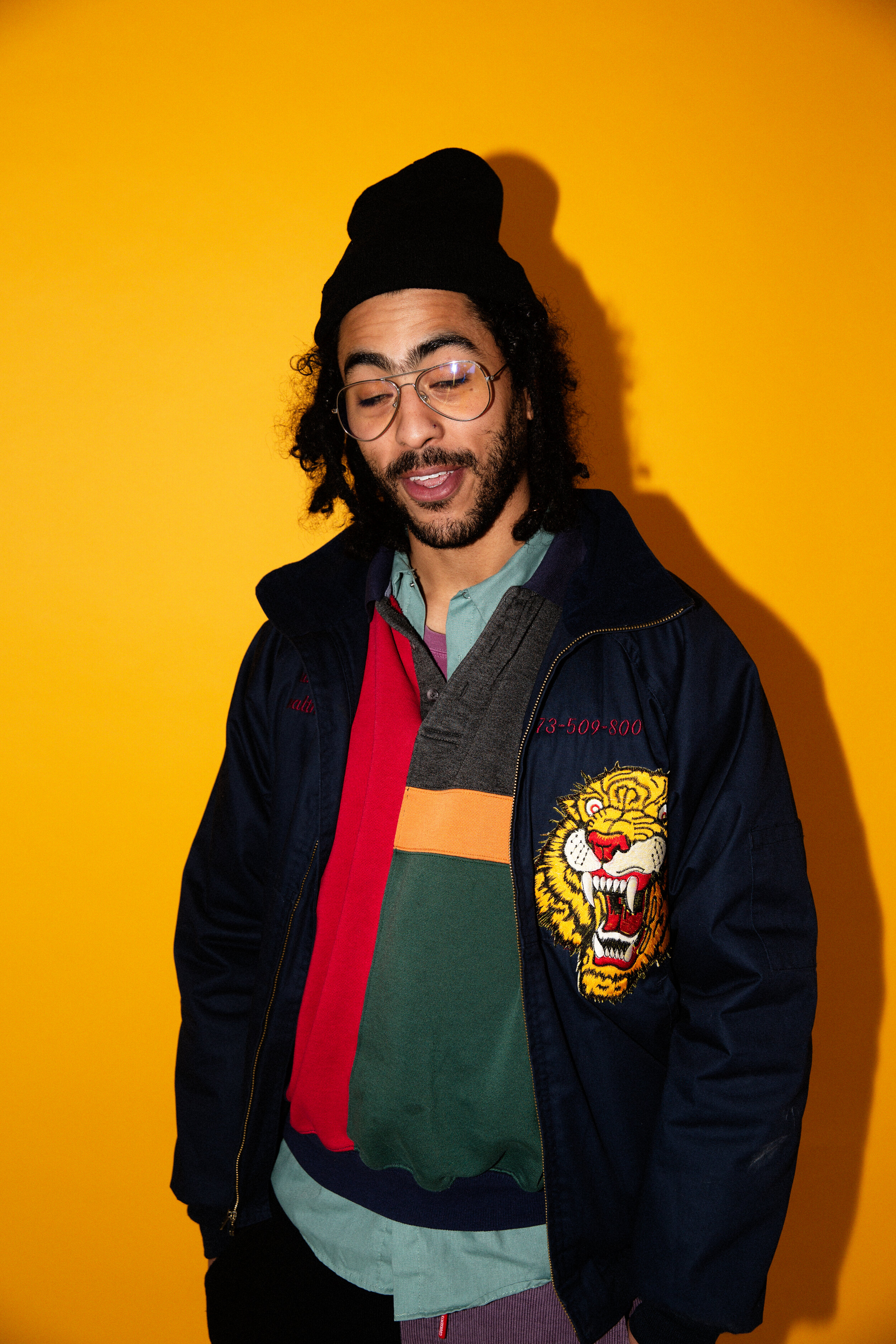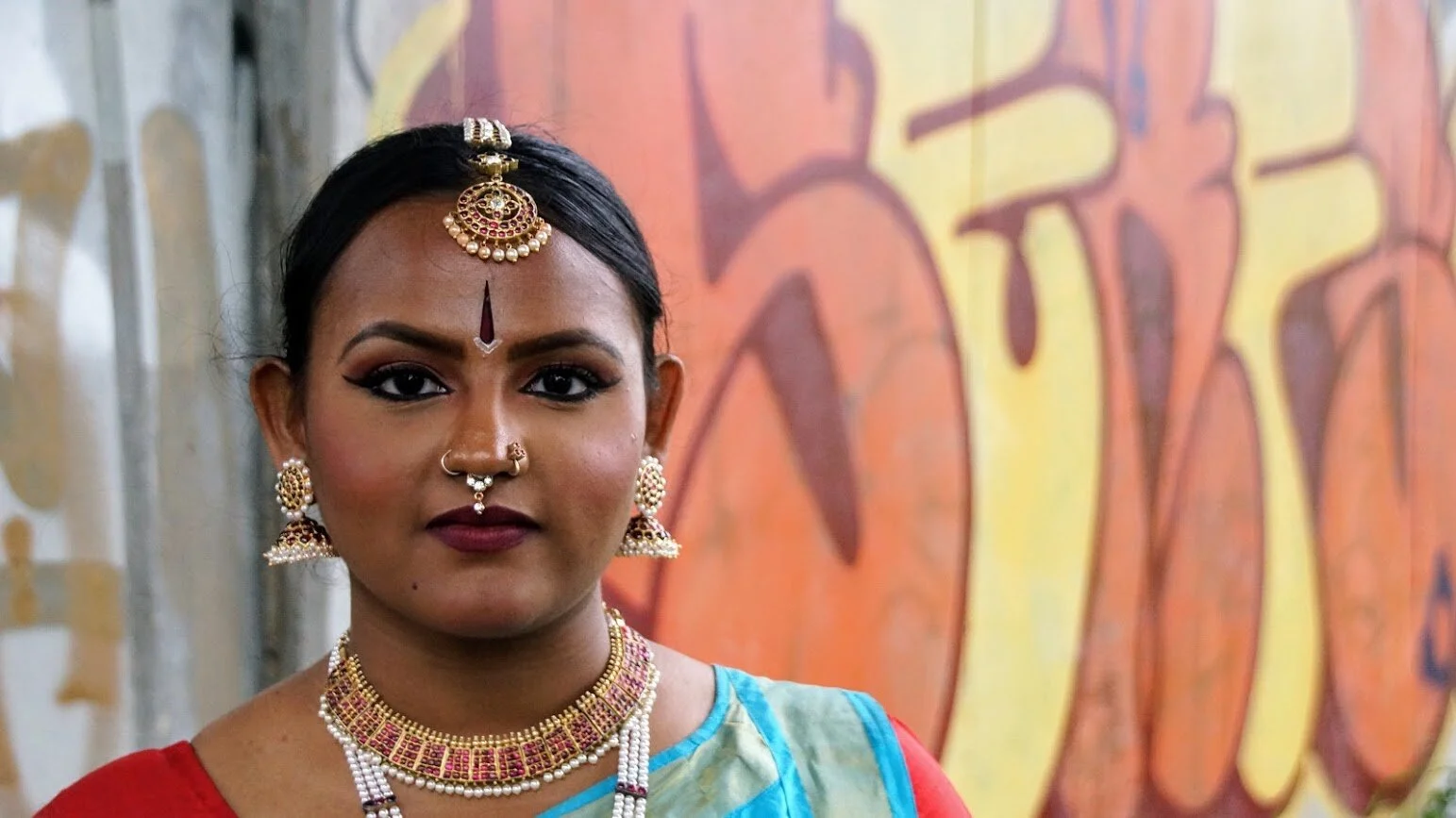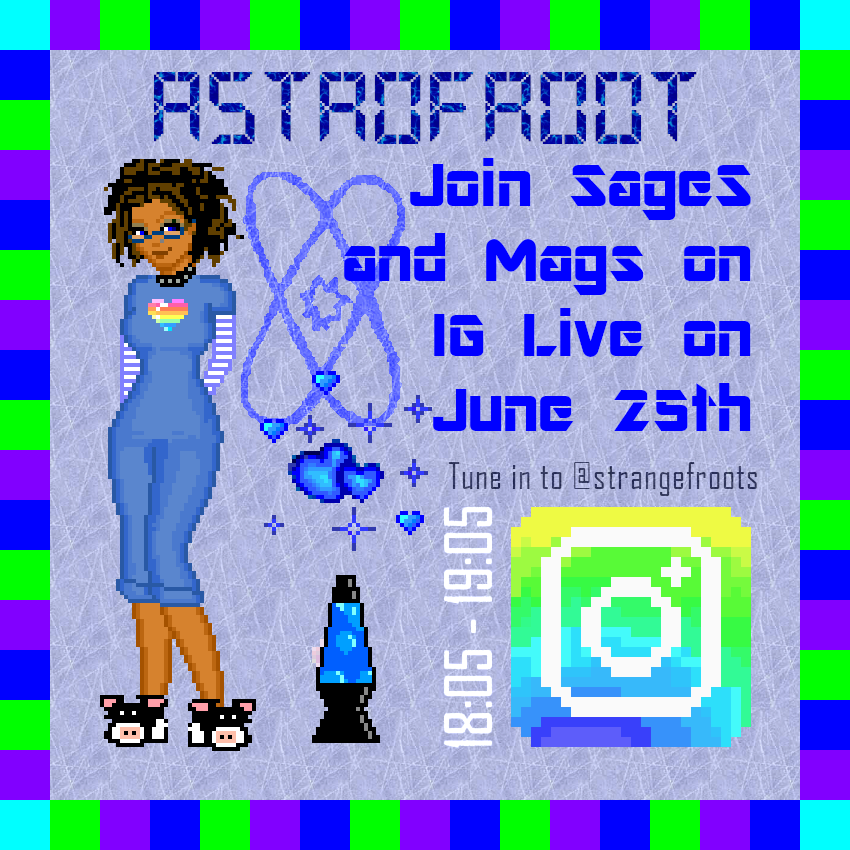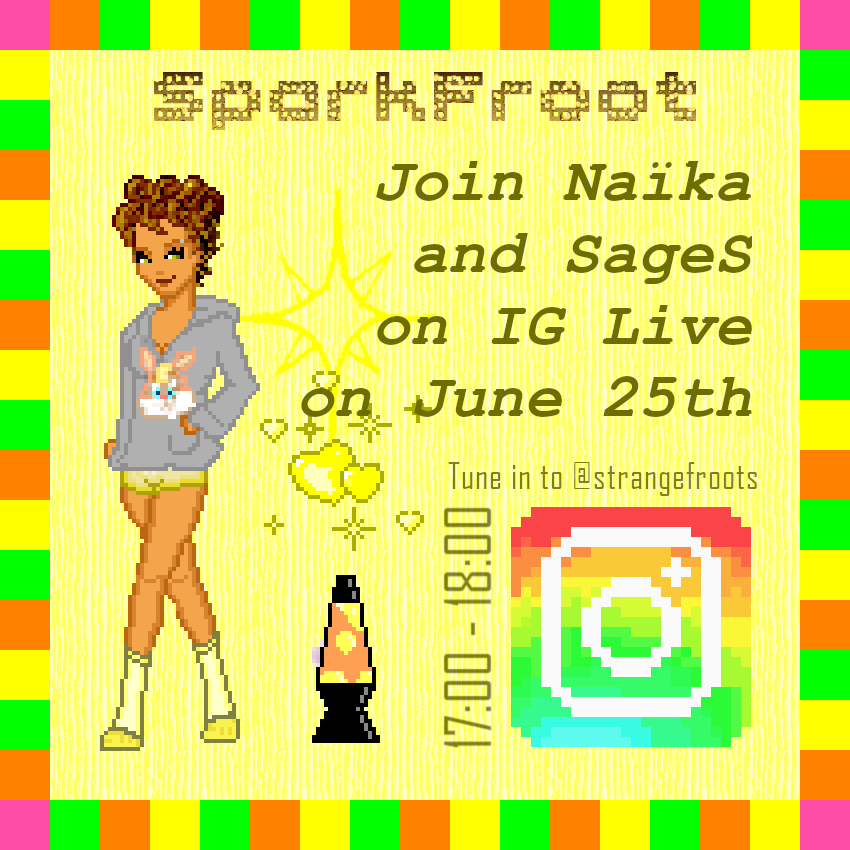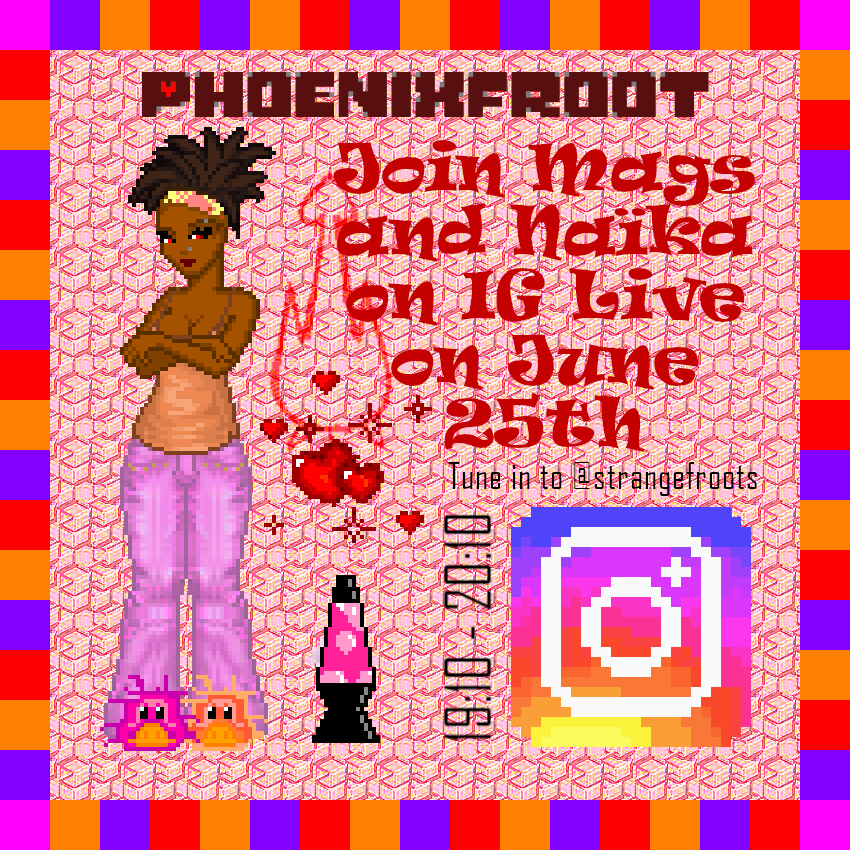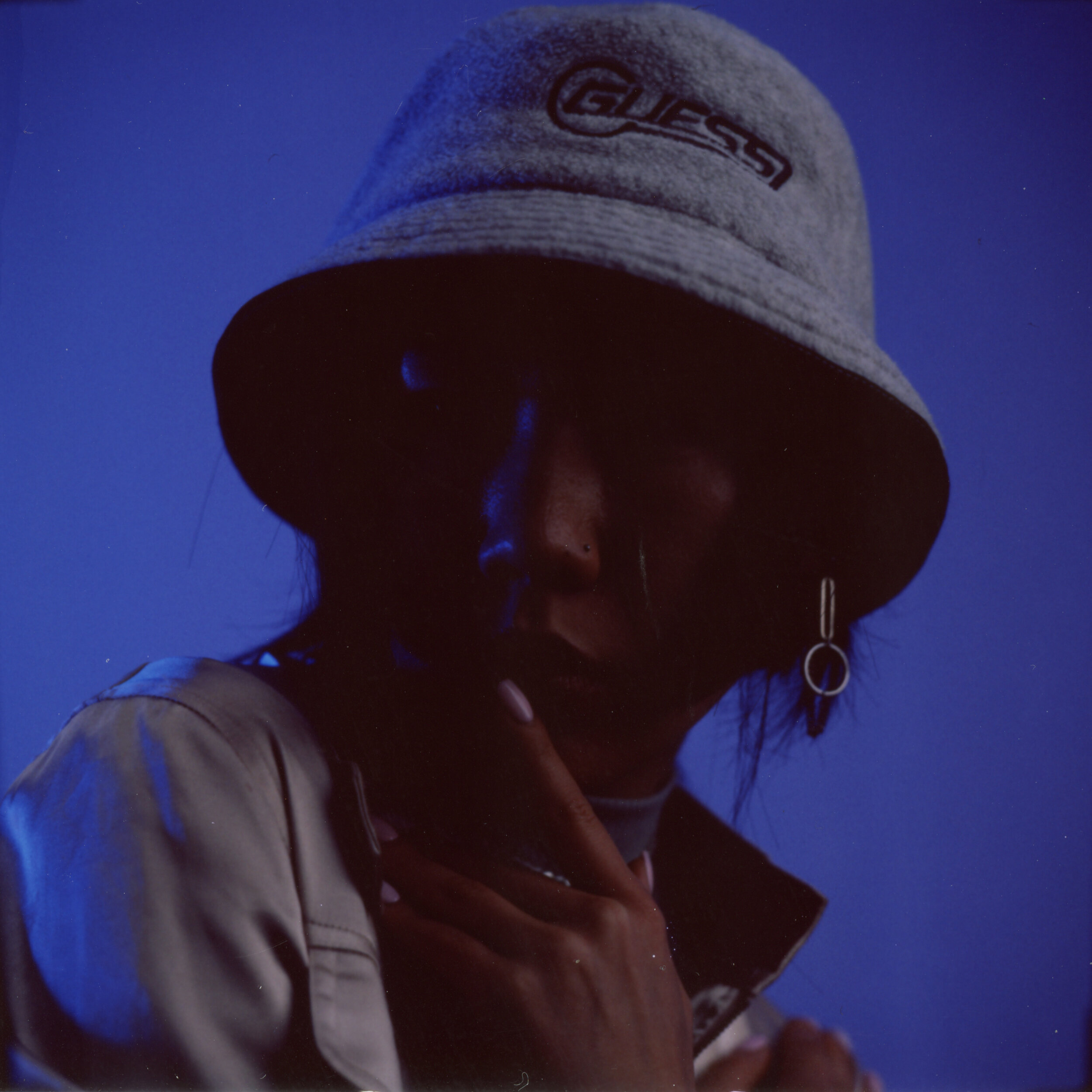Re:Conceive - raising money for the Native Women's Shelter and the Just Solutions Clinic in Tiohtiá:ke (Montreal)
Image Credit: Nick Castonguay
Re:Conceive is a collection of tracks from artists living in Tiohtiá:ke, so-called 'montréal', and is raising money for the Native Women's Shelter of Montreal and the Just Solutions Clinic. It aims to activate solidarity between indigenous peoples, settlers, immigrants and refugees alike. Electronic music is a potent conduit in this process, in reclaiming space where just realities might be cultivated or imagined. With the arrival of the rising global tide of right wing politics in 'québec', and the unaddressed history and continuance of colonialism and structural white supremacy in 'canada' at large, it is high time that we reconceive of our history, our present, and our way forward.
All revenue generated by this compilation will be donated 50/50 to The Native Women's Shelter of Montréal and The Just Solutions Clinic.
Re:Conceive est une collection de pièces d’artistes habitant Tiohtiá:ke, appelée «montréal». Le but de cette initiative est de lever des fonds pour The Native Women's Shelter of Montreal et l’organisme Clinique des Solutions Justes.
Ce projet à pour but d’activer la solidarité entre les peuples autochtones, les colonisateurs, les immigrants de même que les réfugiés. La musique électronique est un conduit puissant dans ce processus, en réclamant l’espace où les réalitées équitables pourraient être cultivées ou imaginées. Avec l’arrivée d’une vague globale de politique de droite au «québec» ainsi que l’histoire et la continuation du colonialisme et de la suprématie blanche au «canada» qui n’ont toujours pas été adressés, il est grand temps de reconcevoir ensemble notre histoire, notre présent et notre chemin vers l’avant.
Tout revenu généré par cette compilation seront donné 50/50 entre Native Women's Shelter of Montréal et Clinique des Solutions Justes
Listen to / buy the compilation on Bandcamp
festive moment, tragic and playful neurosis -
celebration of a past event
festive moment as a celebration of a memory
festive moment – marginal, multiple, anti-idealistic,
more counter-monument than
monument
our frail and sick incandescent bodies
coming to celebrate
towards ecstasy
towards ecology and social justice
ghosts will re- main, lurking in new and old buildings, in the voids where buildings used to stand, and in the psyches of those who walk the streets
whatever their origin or reason for being there
it's dancing, disorganized
crowd high on amphetamines
they are coming to celebrate the victory (post-war celebration)
police is gone, prisons are closed
festive moment, they shot the monuments
explosion-like shocks
in which we
gather together - softening together
spending lavishly in in the economy of the underground
the event is a founding disaster
memory is kept in the stones of-
in the economy of the underground
epitaph of our amphetamine-fueled black-outs
How long can we last? What has to be remembered?
The hidden gathering spaces as resting places for souls exhausted by repetitive and alienating work, exhausted by the coercive and violent systems, looking for the feeling of belonging to a group, of being alive. Active destruction of bodies, waste of energy and production force.
How long can you last?
Our microscopic stories at the scale of History that will be, at worse, unknown, at best, vague feelings of an event.
If, under the sun, we endeavor to be part of history, under the moon we remember our purpose is to rot.
a festive moment to feel that we belong in a community in a given space and time – a capacity to negotiate with otherness
festive moment, initiatory and vital praxis
the event is a founding disaster
the festive moment is not entertainment
Writing by Ariane Gagné
Released August 21, 2020
Mastered by Cristobal Urbina
Art by Nick Castonguay
Logo design by Kristian Spears
Additional mixing on track 12. 'AK47' by Joaquin Sabat
Vocals on track 19 'Hallowed Utterance' performed by Odile Myrtil
Cube Life is a project between Fengir & CMD
Thanks to Andy Poblete for his evocation of political issues in 'québec'.
Native Women’s Shelter of Montreal:
Since its incorporation in 1987, the Native Women's Shelter of Montreal has provided shelter and support to First Nations, Inuit and Métis women and their children. Our clientele are self-referred or referred by community resources. The shelter provides an environment where women can focus on their various challenges and rebuild their lives. Our in-house programs combined with our outreach services help in the healing process of women, while assisting them in re-establishing a balanced lifestyle. The Native Women's Shelter works within an Aboriginal framework. We incorporate many different teachings from the various cultures of First Nations, Inuit and Métis. We combine traditional healing techniques with contemporary approaches to give the women a multitude of options to address their immediate needs and issues.
Depuis son incorporation en 1987, le Refuge pour femmes autochtones de Montréal a fourni un abri et du soutien aux femmes des Premières Nations, inuites et métisses et à leurs enfants. Notre clientèle est auto-référée ou référée par des ressources communautaires. Le refuge offre un environnement où les femmes peuvent se concentrer sur leurs divers défis et reconstruire leur vie. Nos programmes combinés à nos services de proximité contribuent au processus de guérison des femmes, tout en les aidant à rétablir un mode de vie équilibré. Le refuge pour femmes autochtones fonctionne dans un cadre autochtone. Nous incorporons de nombreux enseignements différents des diverses cultures des Premières Nations, des Inuits et des Métis. Nous combinons des techniques de guérison traditionnelles avec des approches contemporaines pour donner aux femmes une multitude d'options pour répondre à leurs besoins et problèmes immédiats.
The Just Solutions Clinic:
Service d’information juridique, défense des droits sociaux et accompagnement, s’adressant aux personnes vulnérables et marginalisées, dans le domaine du droit des réfugiés et de l’immigration. S’adresse aussi aux professionnels de la santé et des services sociaux, ainsi qu’aux intervenants communautaires. Accessible gratuitement, sous réserve des frais exigés pour certains formulaires et selon certains critères.
The Just Solutions Clinic provides free legal information and assistance, rights advocacy and accompaniment to vulnerable and disadvantaged individuals in the domain of refugee and immigration law. The majority of the people we assist are refugee claimants and other newcomers with a precarious immigration status. We also help social and health professionals and community workers understand their clients’ immigration situations. Available free of charge, except for the fees required for certain forms and based on certain criteria.





